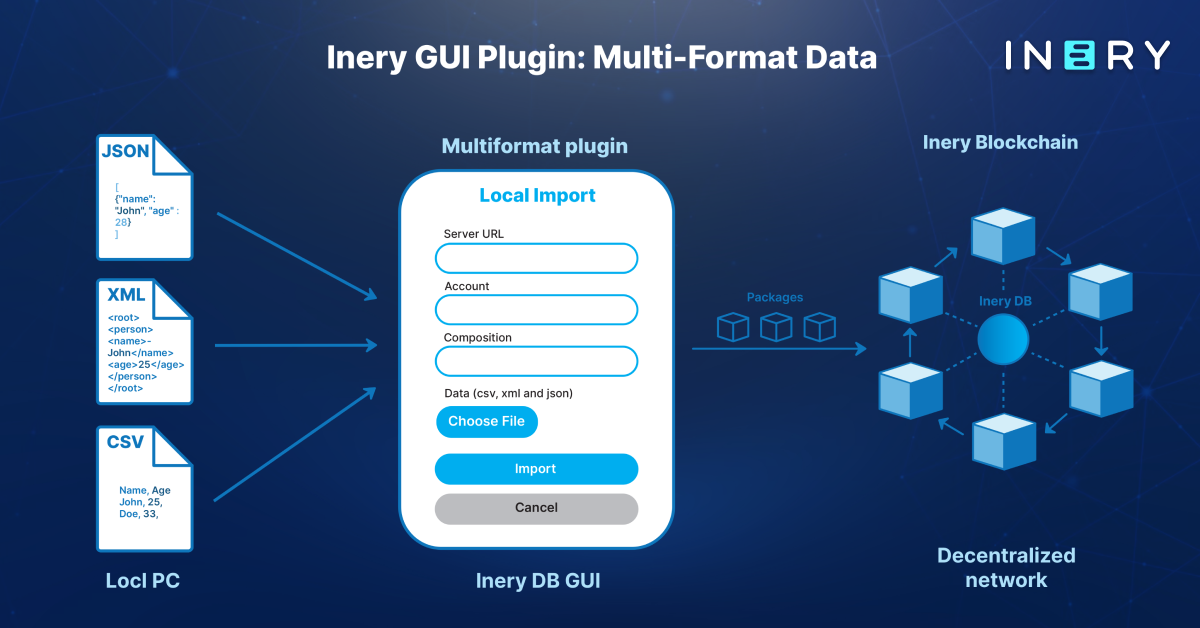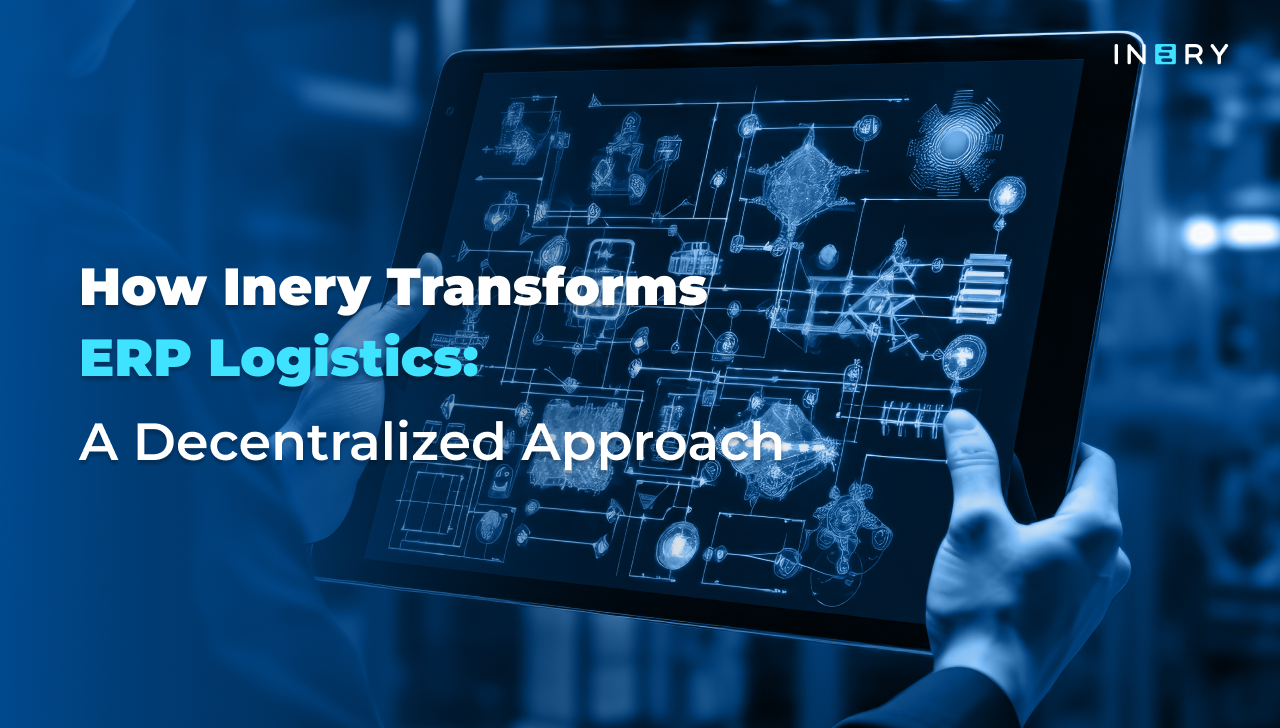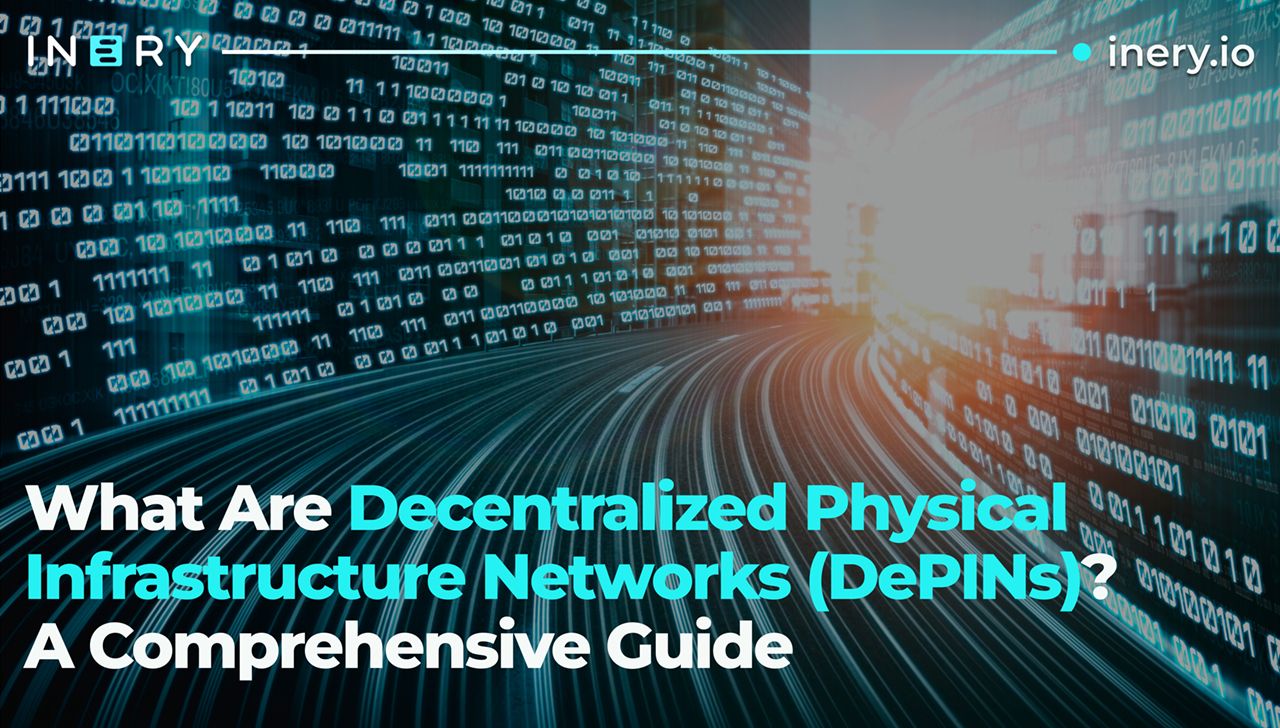Enterprise Resource Planning (ERP) systems have been at the forefront of business operations for decades, streamlining processes and integrating various functions such as finance, human resources, supply chain management, and logistics into a single, cohesive system.
ERP logistics, a critical component of ERP systems, focuses on managing the flow of goods, services, and information within and between organizations. This encompasses everything from inventory management and order processing to transportation and warehouse management.
The concept of ERP logistics began to take shape in the 1990s as businesses recognized the need for a more integrated approach to managing their supply chains. Before ERP systems, organizations relied on disparate software solutions, leading to inefficiencies, data silos, and communication gaps. The advent of ERP logistics brought a new level of coordination and visibility, enabling companies to optimize their operations and respond more effectively to market demands.
Today, ERP logistics is vital for businesses aiming to maintain a competitive edge. It allows for real-time tracking of goods, accurate inventory management, and efficient order fulfillment—all critical factors in ensuring customer satisfaction and operational efficiency. However, despite its importance, traditional ERP logistics systems face several challenges that can hinder their effectiveness.
The Challenges Facing Traditional ERP Logistics
While ERP logistics systems have revolutionized how businesses manage their supply chains, they are not without their issues. Some of the most significant challenges include:
Centralized Vulnerability: Traditional ERP systems are typically centralized, meaning they rely on a single database or server to manage all operations. This centralization creates a single point of failure, making the system vulnerable to hacks, data breaches, and server outages. If the central database is compromised, the entire logistics operation can be disrupted, leading to delays, financial losses, and reputational damage.
Data Silos: Even within an ERP system, data silos can still exist, particularly in large organizations with complex operations. Different departments may store and manage their data separately, leading to inconsistencies and a lack of coordination across the supply chain. This fragmentation can result in inefficiencies, duplicated efforts, and missed opportunities for optimization.
High Costs: Maintaining a traditional ERP logistics system can be expensive. Centralized systems often require significant investment in infrastructure, including servers, backup solutions, and IT staff to manage the system. Additionally, regular updates and maintenance are needed to keep the system running smoothly, adding to the overall cost.
Scalability Issues: As businesses grow, their ERP logistics systems must scale to accommodate increased demand. However, traditional systems can struggle with scalability, particularly if they rely on outdated technology or have been customized extensively. This can lead to performance bottlenecks, slowing down operations and impacting the ability to meet customer expectations.
Limited Flexibility: Traditional ERP systems are often rigid, with limited flexibility to adapt to changing business needs or integrate with new technologies. This can be a significant drawback in today’s fast-paced business environment, where agility and adaptability are key to success.
Where Inery Comes In: A Decentralized Solution
Inery offers a game-changing alternative to traditional ERP logistics systems by utilizing a decentralized architecture. Unlike conventional systems that depend on a single central database, Inery distributes data across a network of independent nodes. This approach not only addresses common issues faced by centralized systems but also brings several unique benefits.
Below, we delve into how Inery's decentralized model enhances reliability, security, and efficiency in logistics operations.
Elimination of Single Points of Failure
Inery’s decentralized architecture fundamentally addresses the vulnerabilities associated with traditional ERP logistics systems by removing single points of failure. In a centralized system, a single database or server is critical to the operation; if it fails, the entire system can be disrupted. Inery’s approach, however, distributes data across multiple independent nodes. This means that even if one or more nodes encounter issues or go offline, the remaining nodes continue to operate, ensuring that the system remains functional and critical logistics data remains accessible. This decentralization significantly enhances the reliability and continuity of operations.
Enhanced Security
Inery leverages blockchain technology to bolster security in ERP logistics systems. Blockchain employs cryptographic algorithms to secure data, ensuring that each transaction is validated by multiple nodes within the network. This consensus mechanism makes it extremely difficult for unauthorized entities to alter or tamper with the data. Such resilient security is crucial for logistics operations that handle sensitive information, such as military logistics or supply chains in regulated industries. By using blockchain, Inery provides a high level of protection against data breaches and cyber threats.
Real-Time Data Synchronization
A significant advantage of Inery’s system is its ability to synchronize data across all nodes in real-time. Traditional ERP systems may face delays in updating information, especially across large geographical areas. Inery’s decentralized model ensures that all nodes are consistently updated with the latest data, regardless of their location. This real-time synchronization allows businesses to access current information instantaneously, facilitating more informed decision-making and quicker responses to operational changes. This capability is particularly beneficial for managing logistics on a global scale.
Cost-Effective Backups
The decentralized nature of Inery’s system provides a built-in redundancy that offers significant cost savings. Each node in the network maintains a copy of the database, which acts as a backup. This means that data is preserved across multiple nodes without the need for expensive dedicated backup solutions. In addition to reducing costs, this redundancy enhances the overall resilience of the system. Should one node fail, other nodes ensure that data remains intact and accessible, reducing the risk of data loss and minimizing recovery time.
Scalability and Flexibility
Inery’s decentralized architecture is designed to scale effectively as business needs evolve. Traditional ERP systems can struggle with scalability, particularly if they rely on outdated technology or extensive customizations. Inery’s system, on the other hand, can expand seamlessly by adding more nodes to the network. This expansion increases the system’s capacity to handle larger volumes of data without affecting performance. Furthermore, the system’s flexibility allows it to integrate with various technologies and adapt to changing business requirements, ensuring that it remains relevant and efficient as businesses grow and their needs change.
Technical Overview: How Inery Transforms ERP Logistics
At the heart of Inery’s system is its custom-built Inery State Database, which is designed for speed and efficiency. The database leverages virtual RAM to ensure rapid data retrieval and storage, which is crucial for high-performance logistics operations. The Inery State Database is supported by a Distributed Ledger Technology (DLT) that maintains an immutable record of all transactions, ensuring data integrity and transparency.
Inery employs an AI-powered Proof of Equal Stake (PoES) consensus mechanism to achieve decentralization. This innovative approach ensures that all nodes in the network have equal rights and responsibilities, preventing any single node from gaining too much control. The consensus mechanism also groups nodes into delegates for consensus rounds, which helps maintain the balance and security of the network.
One of the key features of Inery’s system is its ability to provide real-time data synchronization across a wide geographical area. This is particularly important for global logistics operations, where delays in data synchronization can lead to significant inefficiencies. Inery’s system ensures that all nodes are updated with the latest information with minimal latency, enabling businesses to make timely and accurate decisions.
Furthermore, Inery’s decentralized system supports role-based access control, ensuring that only authorized personnel can access or modify data. This is particularly important in logistics operations that handle sensitive information, such as inventory levels, shipment schedules, and customer data. By controlling access at a granular level, Inery helps prevent unauthorized access and data breaches.
Conclusion: The Future of ERP Logistics with Inery
Inery’s decentralized approach to ERP logistics represents a significant advancement in how businesses manage their supply chains. By addressing the challenges of traditional ERP systems—such as centralized vulnerability, data silos, and scalability issues—Inery offers a more secure, efficient, and flexible solution.
As businesses continue to evolve and the demands on logistics operations grow, the need for a resilient, decentralized ERP system will become increasingly important. Inery’s innovative use of blockchain technology, combined with its focus on real-time synchronization and security, positions it as a leader in the future of ERP logistics.
In a world where efficiency and security are paramount, Inery provides the tools necessary to ensure that logistics operations can keep pace with the demands of modern business, all while reducing costs and enhancing overall performance.

Inery•
2 years ago
Inery’s Roadmap Update: What The Future Holds For Inery
It's time for a roadmap update! Our team has been working hard, and we’re excited to announce Inery's latest progress and plans for the upcoming year. ...READ MORE
-1674646602.png)
Share

Inery•
2 years ago
The Power of Blockchain in E-commerce and Logistics
If you're not yet convinced of the benefits of blockchain for e-commerce and logistics, click here to learn why you should be. ...READ MORE
-1678970347.png)
Share

Inery•
1 year ago
Say Hello to IneryDB GUI Version 2.1!
Discover IneryDB GUI Version 2.1! This update features a powerful Multiformat Import Plugin for seamless data migrations from JSON, XML, and CSV formats, alongside enhanced user experience and front-end improvements. ...READ MORE

Share

Inery•
1 year ago
Can Blockchain Technology Combat Food Fraud?
Food fraud is a serious, complex global issue. Can blockchain and Inery's technology solve it? Click here to find out. ...READ MORE

Share
Most popular today


-1706781057.png)
